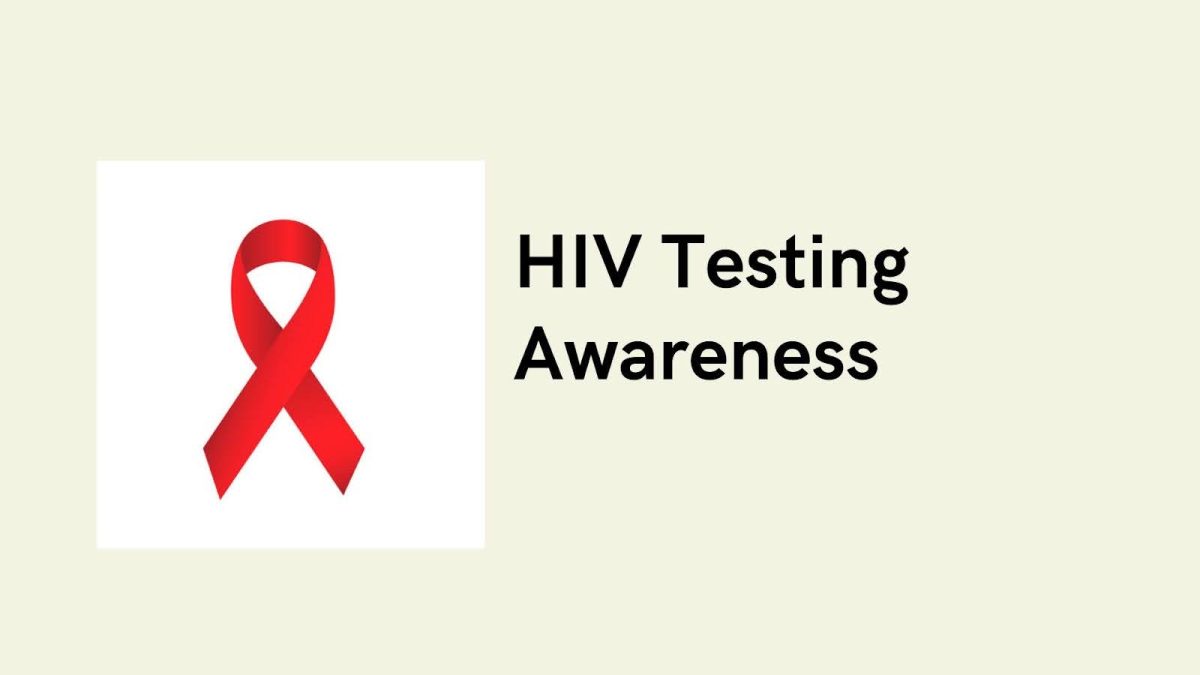An HIV testing center was operated at USI alongside Evansville’s AIDS Resource Group Oct. 23-25. The goal of testing was to encourage students to regularly monitor their health and allow them to seek out treatment if needed. Event organizers hope that they can spread awareness about HIV and how to prevent it.
According to Catherine Champagne, assistant program director for student wellness, the purpose of HIV testing at USI is to support all aspects of student wellness and health, including sexual health.
The event organizers aim to provide students with a simple and easy way to access HIV tests in their day-to-day lives.
“By offering free testing on campus, we’re hopeful that it’ll be convenient for students,” Champagne said.
Another reason for having HIV testing at USI is to encourage students to look past the stigmas surrounding HIV and AIDS to get the help they may need.
“There is stigma, still, that surrounds HIV and HIV testing, and I think a lot of that stigma is really rooted in fear, misconceptions, misinformation,” Champagne said.
She said the stigma can “lead people to feel embarrassment or hesitation about getting tested.”
Local AIDS resource groups, such as the AIDS Resource Group of Evansville, sponsor and provide testing to destigmatize HIV and help people struggling.
If a student feels uncomfortable getting tested for HIV on campus, there are online resources to help, like AIDS Resource Group-Evansville, which offers HIV testing appointments through argevansville.org. Its services include supportive programs that include counseling, supplies for risk and harm reduction, and referrals to different resources based on needs.
Matthew 25 AIDS Services, an HIV-testing and awareness organization centered in Indiana and Kentucky, offers free HIV testing and counseling services.
In addition to getting tested for HIV, students were encouraged to take preventative measures.
“Using condoms regularly is a good way to prevent not only HIV but other sexually transmitted infections or STIs, never sharing needles or syringes or any kind of equipment like that,” Champagne said. “And then there are also actually preventative medications that people can take. One of them is called PrEP, and then I think the other one is called PEP.”



